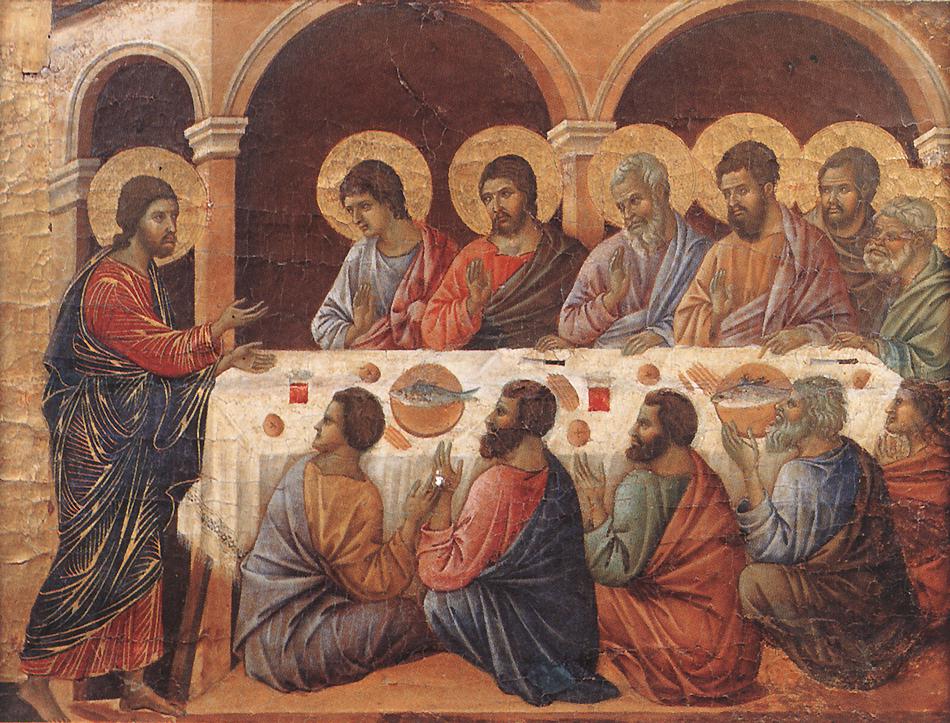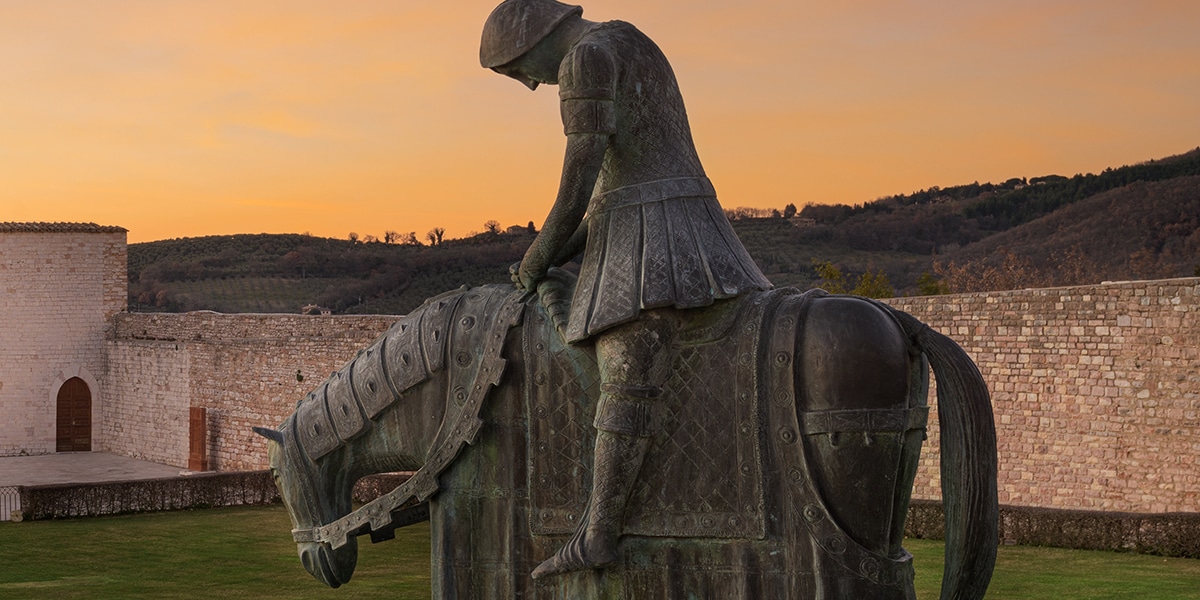According to Acts 1:26, Matthias was selected to replace Judas, bringing the number of apostles back to 12. I know that the pope, the bishop of Rome, is considered the successor of Peter. Were the other apostles replaced upon their deaths? Do we still maintain individual successors for the other 11 apostles? If so, what is that position called? Who selects them? Is that choice for life?
Since the first century, the bishop of Rome is considered the successor of an individual apostle (Peter). Three centuries after Jesus, the patriarch of Constantinople began to be considered the successor of the apostle Andrew. Emperor Constantine
had recently moved the capital of the Roman Empire to a new city that he named after himself. Pope Francis and Ecumenical Patriarch Bartholomew are on very good terms and are cooperating on several initiatives.
According to St. Ignatius of Antioch (d. 107), the bishop of Rome presides over the other churches “in charity.” In his 1995 encyclical on ecumenism, St. John Paul II pointed out that the Petrine ministry has been exercised in a variety of ways over the centuries.
The Coptic patriarch of Alexandria (Egypt) is considered the successor of St. Mark, but Mark was an evangelist, not an apostle. The Catholic Church teaches that bishops collectively succeed the apostles. The Church’s teaching about apostolic succession was developed to answer gnostic Christians who claimed to have a line of teachers reaching back to the apostles, teachers who handed on orally and in writing information intended only for a select few (the gnostics) and not all Christians. The Church responded to this claim by its teaching about apostolic succession and also by clarifying which writings belong in the New Testament.
Bishops help the Church to remain “one, holy, catholic, and apostolic” as we pray in the Nicene Creed. Even though most bishops lead a diocese (or help lead it as an auxiliary bishop), all bishops have some responsibility for the entire Church. They carry their ministry with the help of their episcopal conference and by participating in larger meetings such as the synod on the family to be held in Rome next month.
Roman Catholic bishops are appointed for life by the bishop of Rome, with preparatory help from the Congregation of Bishops, the Congregation for the Oriental Churches, or the Congregation for the Evangelization of Peoples, depending on where the diocese is located. Bishops must submit their resignations at age 75; the pope chooses when to accept them.
If someone who is not a bishop should be elected as pope, he must immediately be ordained a bishop in order to lead the college of bishops, which always acts with and under the successor of St. Peter. Bishops of Orthodox Churches meet regularly in synods to appoint bishops and carry out their other responsibilities for those Churches. Eastern Catholic bishops also meet in synods.
Those elected in synods then request “ecclesial communion” with the bishop of Rome. Others are appointed by the pope, having heard the recommendation of the Congregation for the Oriental Churches. A synod of the worldwide heads of the Orthodox Churches is scheduled for 2016.








